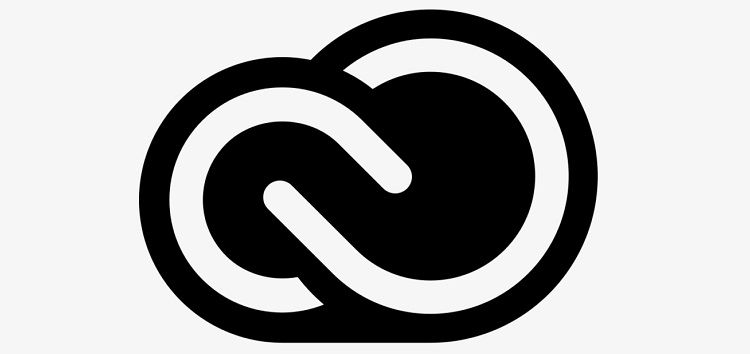Adobe Creative Cloud, more commonly known as Adobe CC, offers over 20 mobile and desktop apps and services for design, UX, video, web, photography, and much more.
While a lot of people have the Adobe CC subscriptions for the said domains, several users are simply not happy with theirs.

This is simply due to the fact that Adobe charges an unreasonably high cancellation fee if a user decides to end their Adobe CC subscription early.
Many users are reporting about this as they are trying to end their active Adobe CC subscription, however, they are having second thoughts because of the cancellation fee.
Nevertheless, those who are unwilling to pay the fee can try to contact Adobe for waiving off the cancellation charges.

Also, they can end their active subscription by paying the fee as Adobe usually charges half of the remaining subscription charges in case of early cancellation.
The exorbitant cancellation fee is not exactly a problem as Adobe outlines the same in their contracts but a regular user typically does not go through the whole contract.
Which is why those who are unhappy with Adobe’s unreasonable charges can try getting rid of their Adobe CC subscriptions by following the methods above.

However, cancelling the Adobe CC subscription does not mean that one would not require similar services in the future.
Hence, those who want to avail services similar to that offered by Adobe CC can go for open source alternatives like Inkscape and Gimp.
Moreover, there are a bunch of free and single purchase services that Adobe offers and users can try those as per their requirements.

It is, however, always advisable to go through service agreements or contracts in order to avoid such extra charges.
That said, we will be back with more such coverage once new details become available so stay tuned to PiunikaWeb.
PiunikaWeb started as purely an investigative tech journalism website with main focus on ‘breaking’ or ‘exclusive’ news. In no time, our stories got picked up by the likes of Forbes, Foxnews, Gizmodo, TechCrunch, Engadget, The Verge, Macrumors, and many others. Want to know more about us? Head here.


